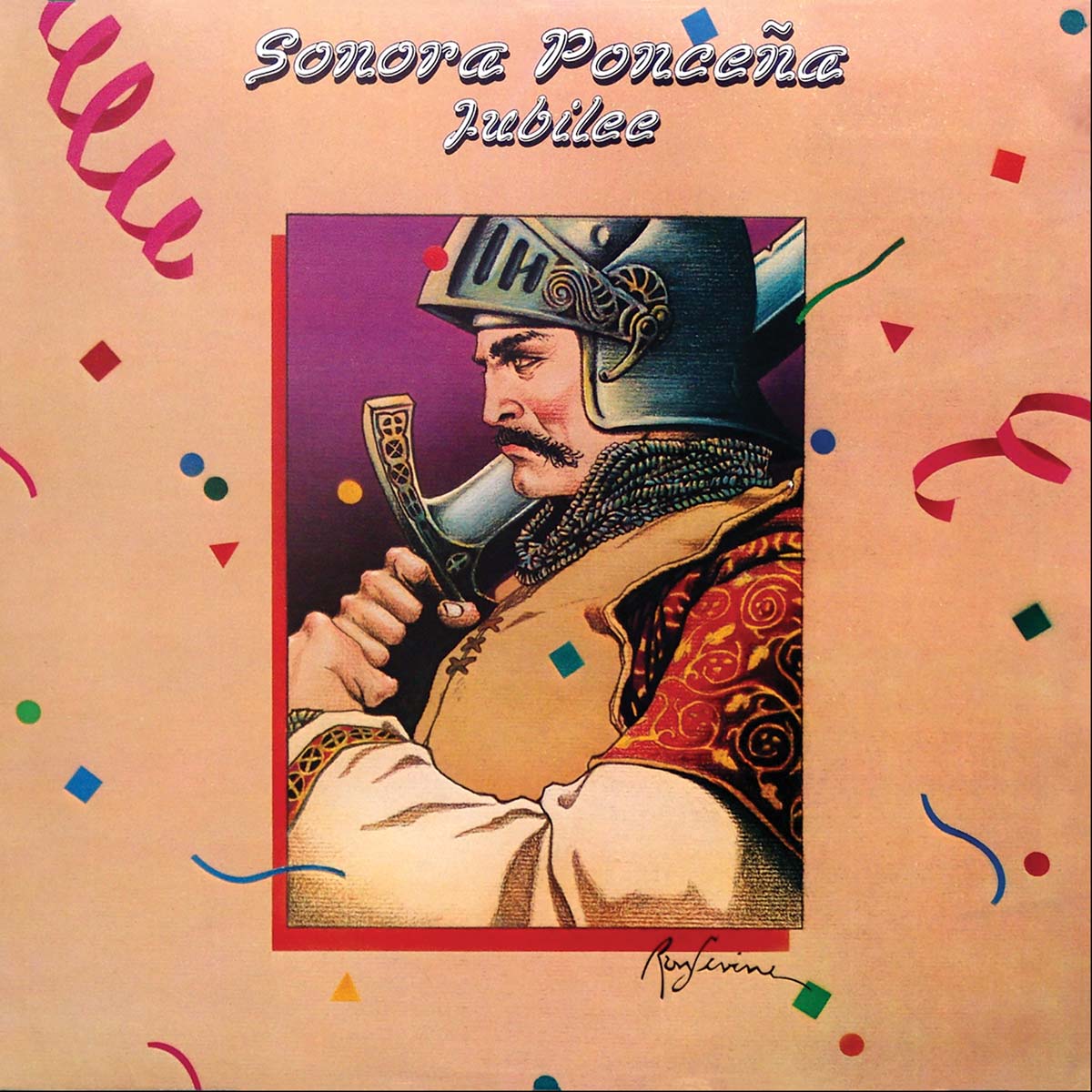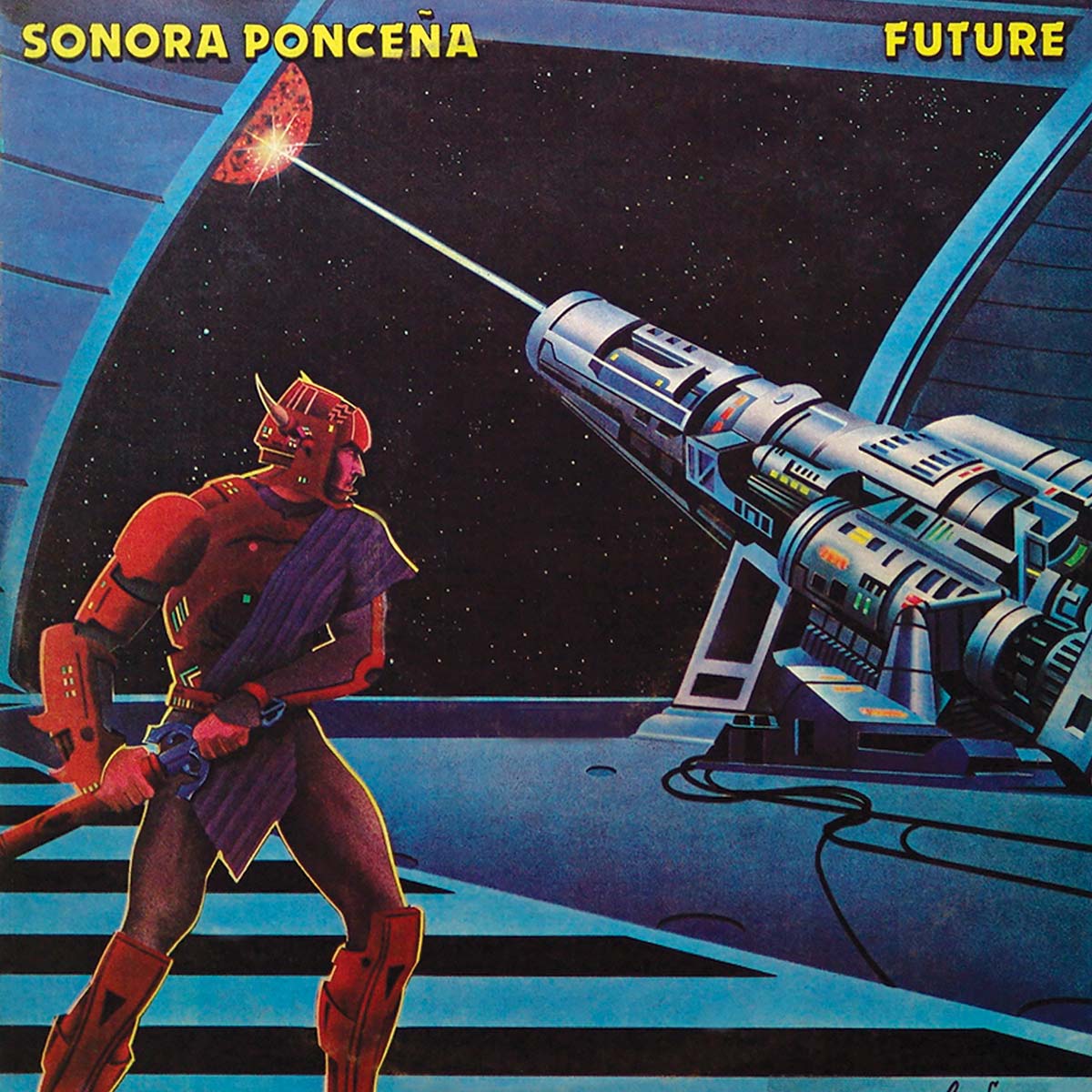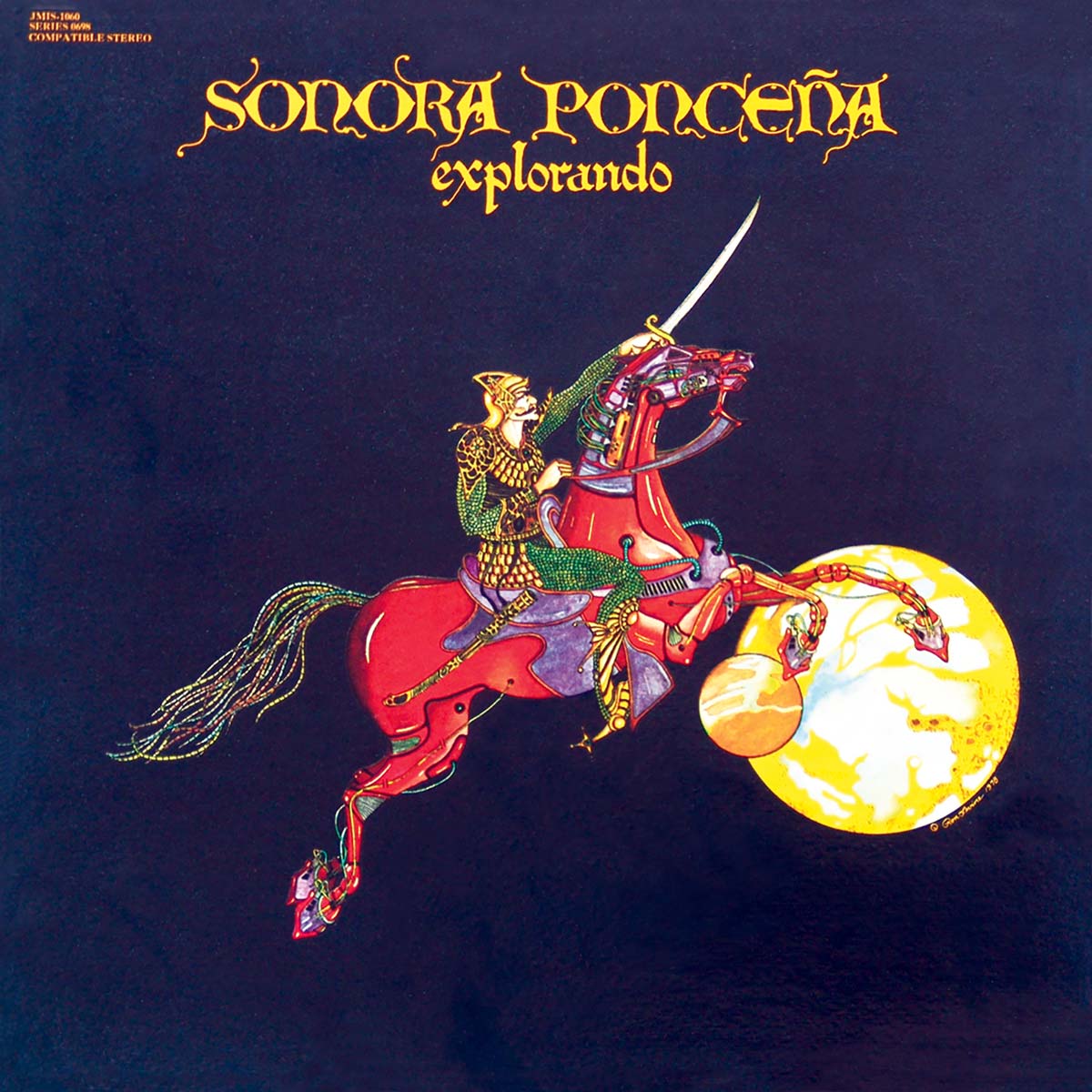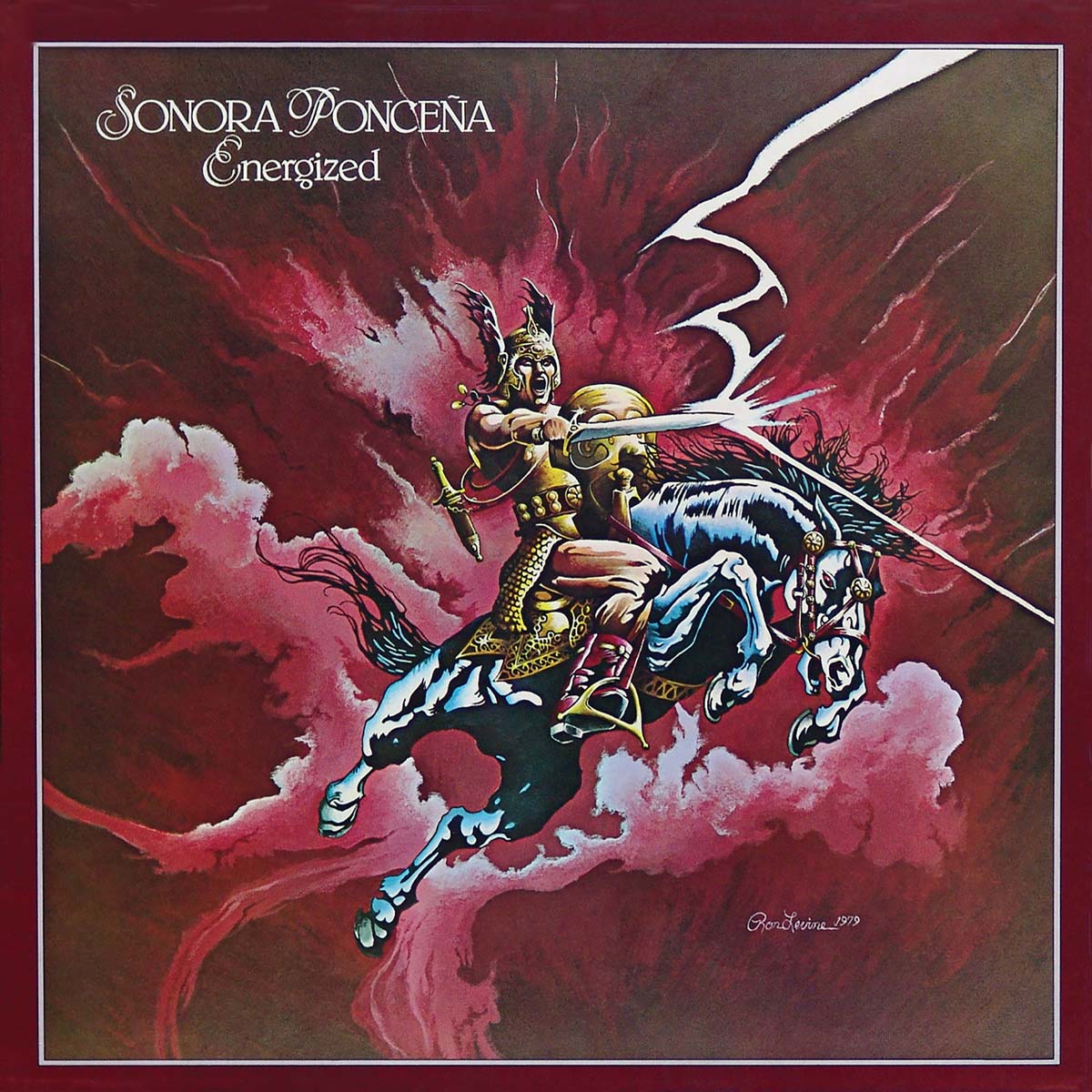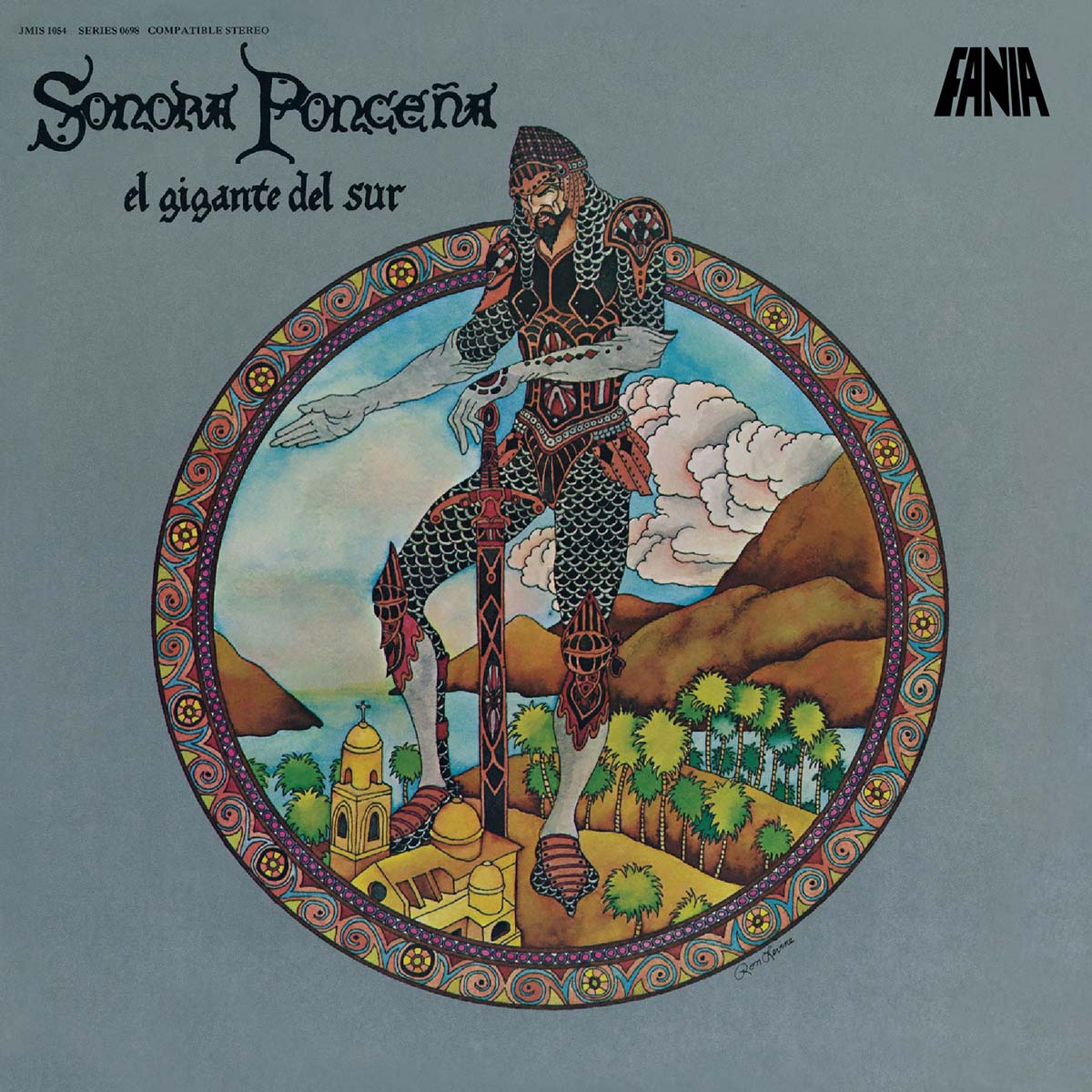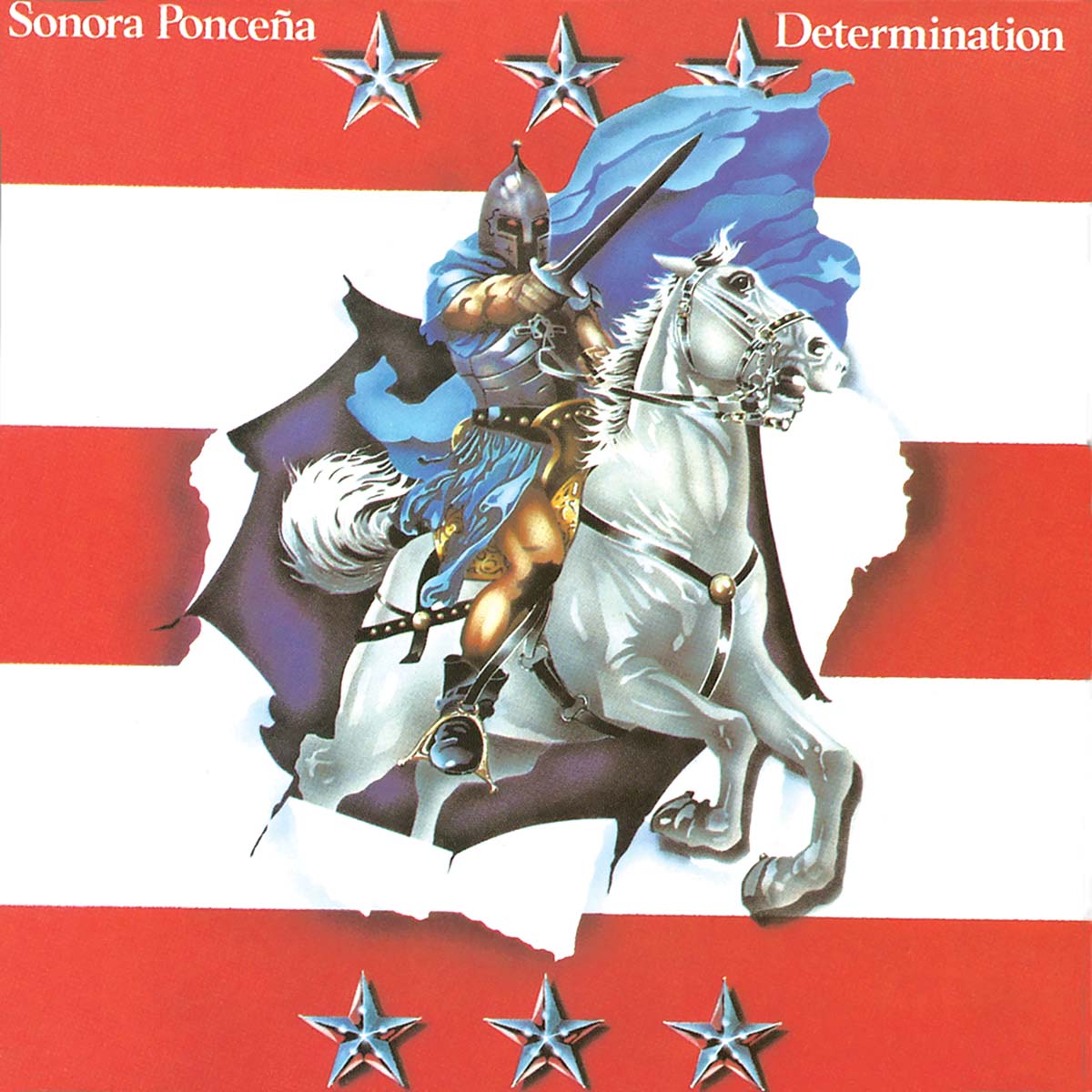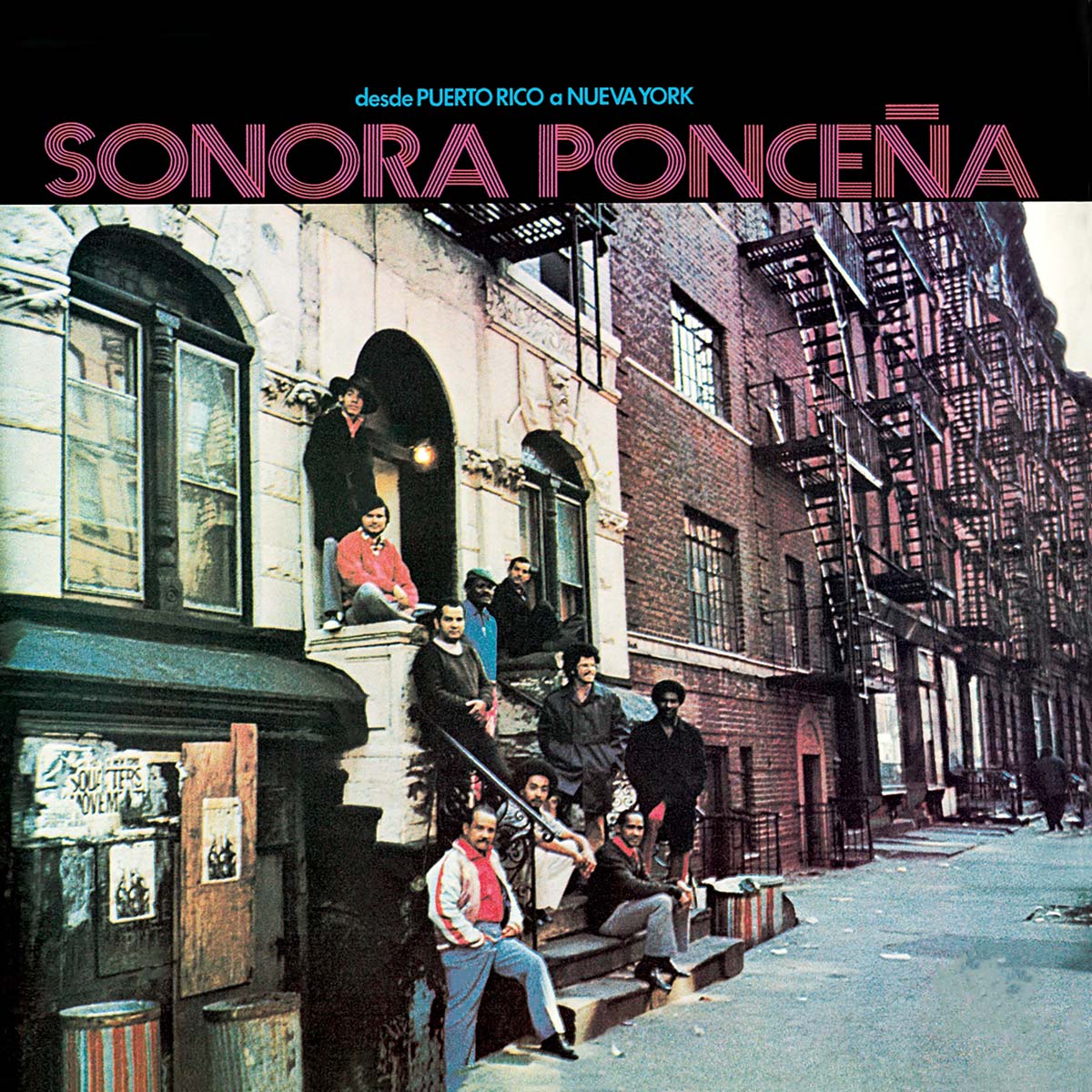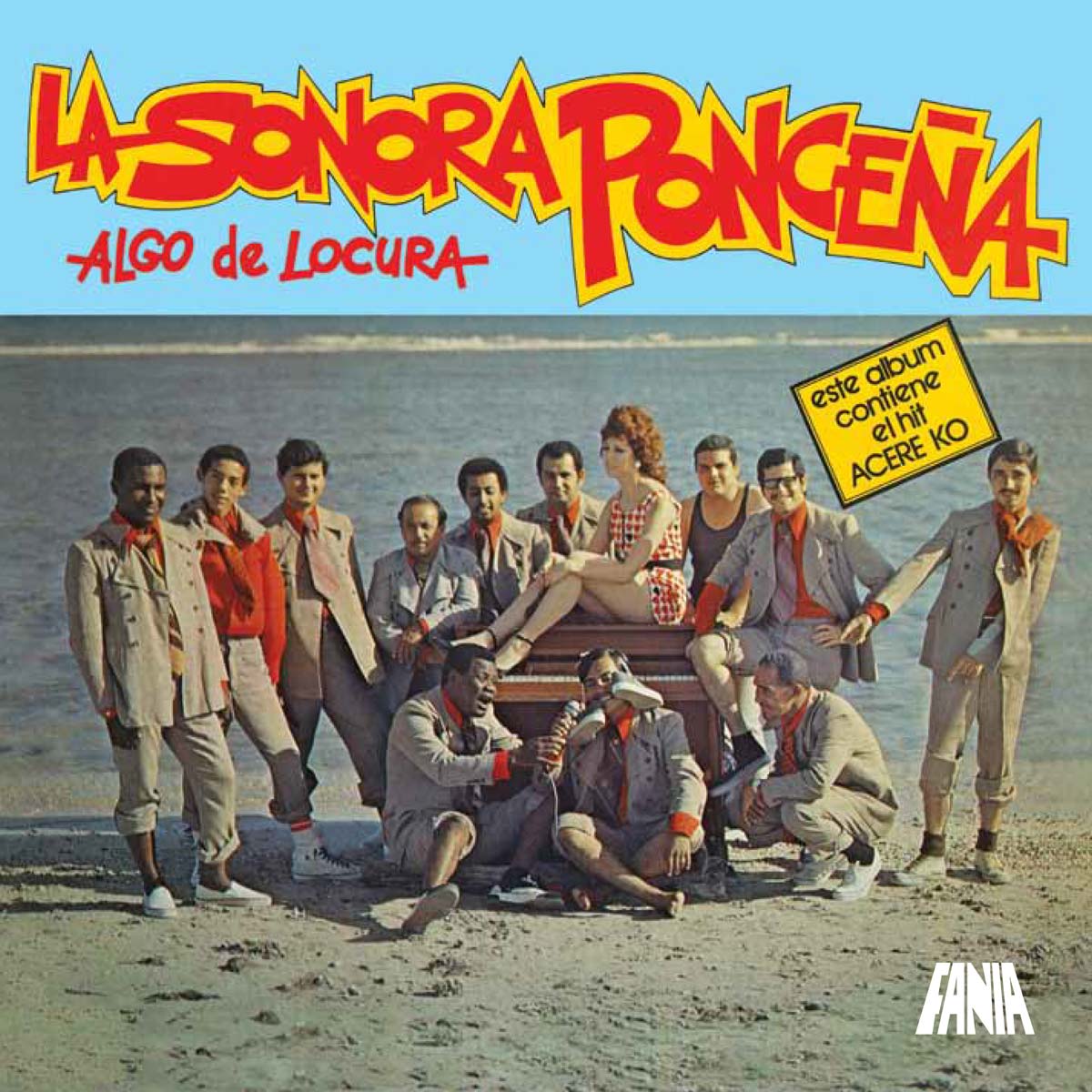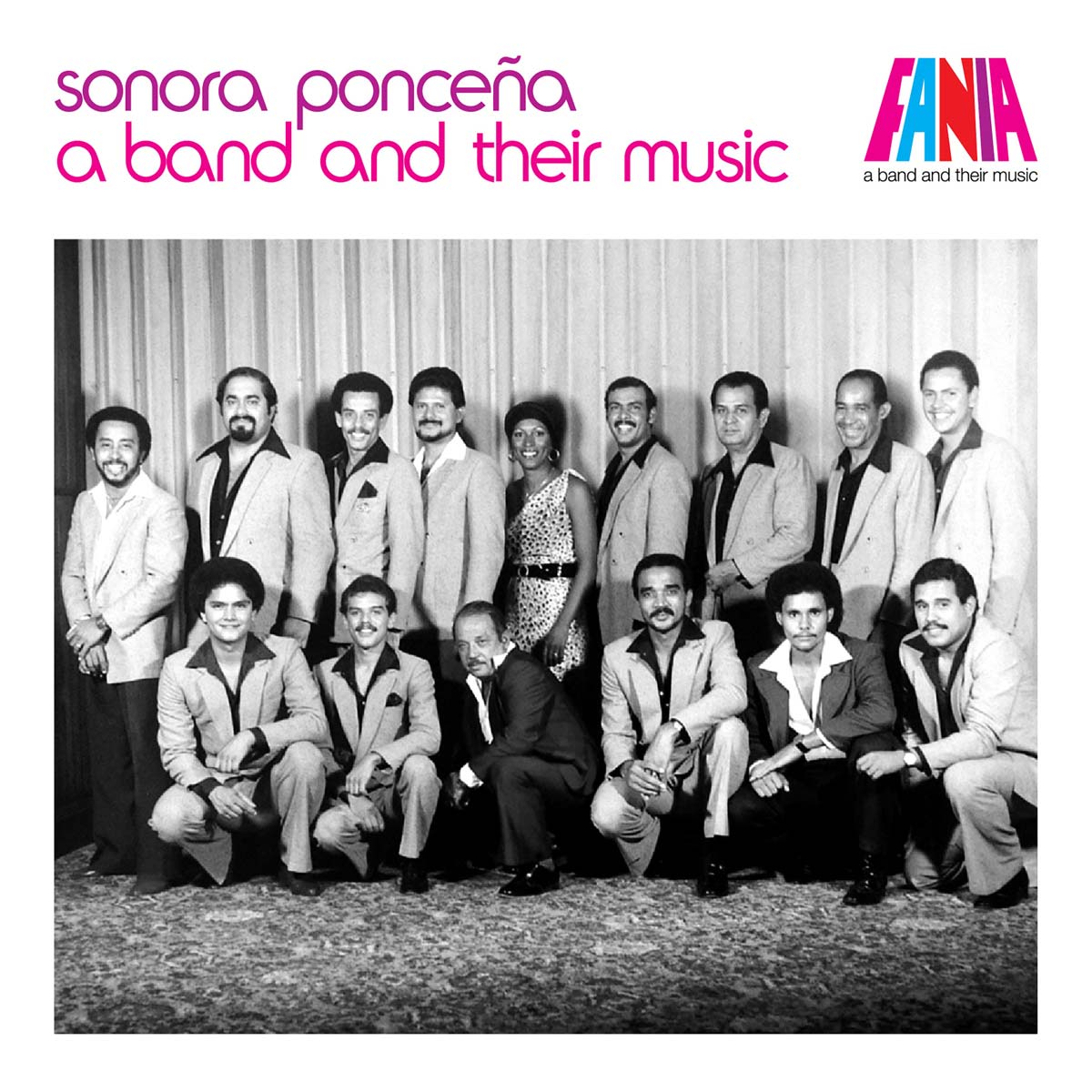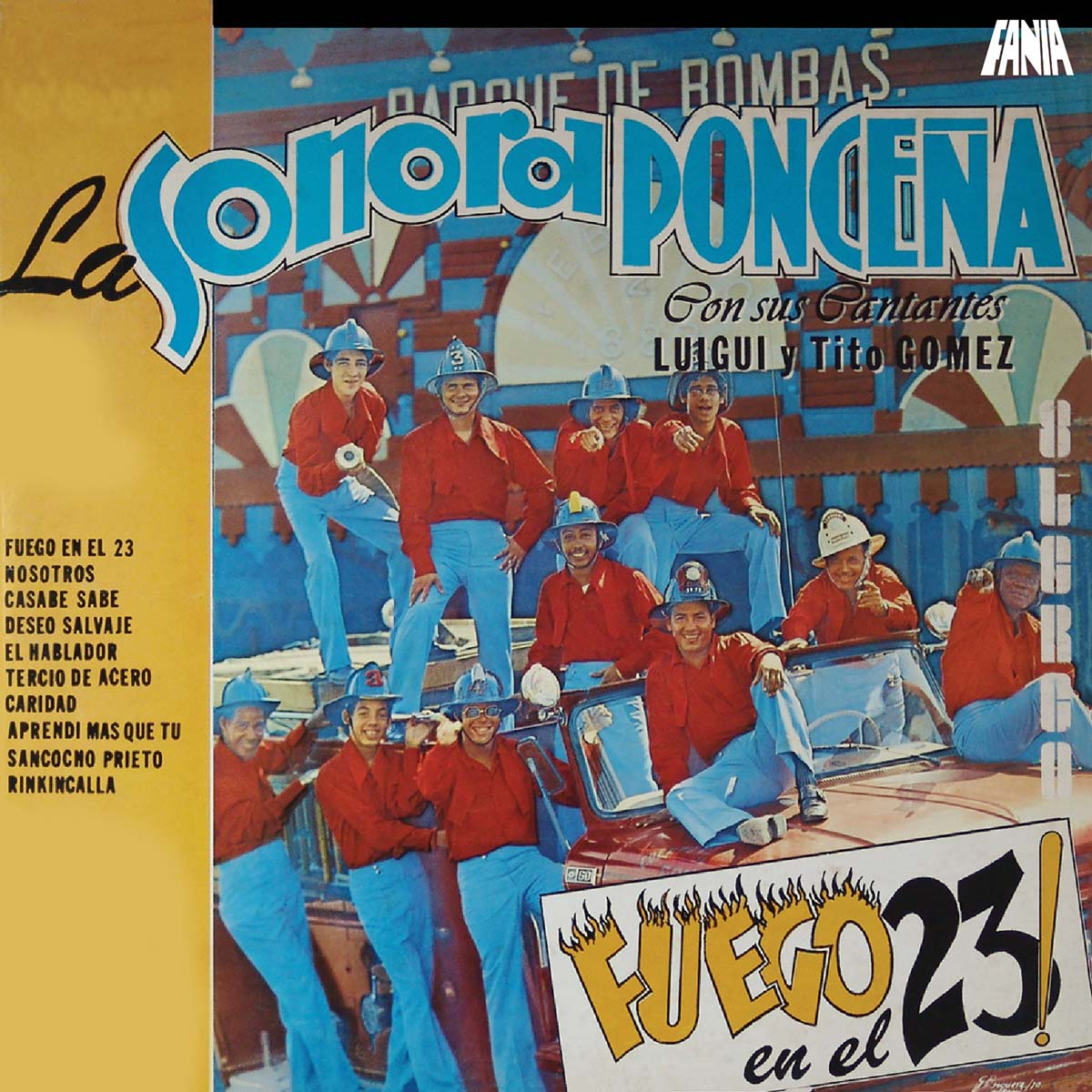
The musical troupe hailing from Ponce, Puerto Rico, created by the venerable Enrique “Quique Lucca” Caraballo in 1954, evolved from the Conjunto Internacional, also formed by Lucca, in 1944. The group was joined by bongo player Antonio “Tato Santaella,” as well as trumpeter and guitarist Filiberto Ojeda Rios, who later gained fame and recognition as the trumpet master of the world-renowned Cuban musician Arturo Sandoval, who was also the famed leader of the Puerto Rican independence movement.
Lucca was a huge fan of La Sonora Matancera and their musical style, which incorporated a complete percussion section with only trumpets in the brass section, harmonizing with the piano and vocals. When naming his band, Don Quique –as he is affectionately known throughout the music world– added not only his Cuban homonym, but also the name of the city where the group originated: Ponce, Puerto Rico. At that moment, the world-renowned Sonora Ponceña was born.
The band’s zeal for Cuban musical expression is clear in the songs chosen for this recording, especially in Fuego en el 23, a hit written by the legendary Arsenio Rodriguez. The number became an enormous success, and over time, was emblematic of Ponceña. Undoubtedly, the masterpiece contributed to the marked international recognition that the legendary Sonora Ponceña now enjoys.
Another magnificent song, the bolero hit Nosotros, was also a huge hit that became a classic, one that is consistently listened to now, and will undoubtedly live on well into the future.
The merengue number El sancocho prieto, written by Dominican composer Luís Alberti, was also hugely popular and widely distributed throughout the world..
This album also includes the song Tercio de acero, one of the first compositions by the distinguished Puerto Rican composer Catalino “Tite” Curet Alonso, who had already begun to gain recognition as a master of contemporary musical inspiration, and would soon be showcasing his talents as an integral part of the evolution of the musical genre that would later be known as salsa.
The production showcases the dexterity of a sensational pianist who graduated from the Puerto Rican Conservatory of Music: Enrique Arsenio “Papo” Lucca. The eldest son of the orchestra conductor was first recorded at the age of 12; since then, he has been considered a virtuoso. “Papo’s” piano is undoubtedly one of the most explosive pianos in the Caribbean musical tradition, and his multiple musical collaborations indisputably adorn the ornate Caribbean style.
“Casabe sabe,” written by the legendary Quito Vélez; “Deseo salvaje,” by Víctor Rivera; “El hablador,” by Julio Barreto; “Caridad,” by the well loved Patato y Totico; “Rinkinkalla,” by Juan Bruno Tarraza; and “Aprendí más que tú,” by Luis Guillermo Texidor, round out the excellent mix of songs that make this album a classic of the times. Boricua, Dominican, and Cuban composers pour themselves into the Luccas’ masterful arrangements, giving the production the Caribbean flavor that only Sonora Ponceña can deliver.
Currently, Sonora Ponceña has enjoyed more than 50 years as a musical institution, not only in their native Puerto Rico, but throughout the world. Their long trajectory in Afro-Caribbean music has seen many excellent musical productions and successful songs, but when studying their rise in popularity throughout the world and history, it is imperative to begin with the album Fuego en el 23. This is the album that blew the doors of success open for the group now led by Papo Lucca, who has continued in the heroic footsteps of Don Quique.
“En el 23 de la 110
no se puede estar tranquilo
te diré por qué
Fuego… que vengan los bomberos… que me quemo”
“In building 110, floor 23
Nobody’s resting peacefully
Why?
Fire! Bring the firefighters! I’m burning alive!”
Written by Juan Moreno Velázquez


